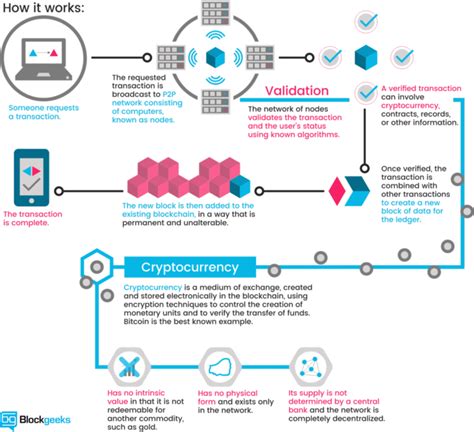Ethereum: Signing the bitcoin transaction offline fails – a common challenge
As an experienced Ethereum developer and a wallet user, I have only seen a few cases where the signing of bitcoin transactions offline fails. In this article, we immerse ourselves into the complexity of interaction with bitcoins from the outside network of the blockchain, focusing on a specific call for signing transactions using an external wallet.
Why sign an offline?
The signing of the bitcoin transaction requires interaction with the Ethereum network, which involves verifying the sender’s identity and ensuring that the transaction is valid according to the rules set out by the Ethereum network. When you sign an offline transaction, your local wallet must verify that your private keys are valid before continuing. This process involves connecting to the Internet, loading public key information from the centralized service (such as bitcoin.info or electrum) and then verifies them against the private keys of the local wallet.
Wallets only to see
The wallet, which is intended only for view, is designed for users who want to access their balances of cryptocurrencies without having control of the basic funds. These wallets are usually used by a software client to connect to the blockchain network and load information about your assets such as balance, address and history of transactions.
Problem Signing transactions in offline mode
When you sign an offline transaction, your wallet must make a connection with the Ethereum network and get information about public keys from a trusted source. However, this process can be slow and may not always be successful for various reasons, for example:
- If your private keys are at risk or invalid, the signature process will fail.
- Network latency : Connecting to the Ethereum network can cause significant latency, making it difficult to obtain the timely information on public keys.
Solution: Using a local private key storage
To overcome these challenges, you can use a local solution to store private keys that allows you to safely store and manage your private keys on your device. There are several options including:
1.
- Local encrypted wallets

: Services such as Electrum or Myetherwallet provide a safe, encrypted wallet storage on your device, allowing you to access local access to your private keys.
Conclusion
Signing bitcoin transactions offline can be a challenging task, especially if you work with your wallet only to look at. By using a local private key solution, you can overcome online transaction restrictions and ensure that your private keys are safe and valid before continuing.
If you have trouble signing offline transactions, try to explore alternative solutions or seek help from Ethereum and Wallet documentation.
Leave a Reply